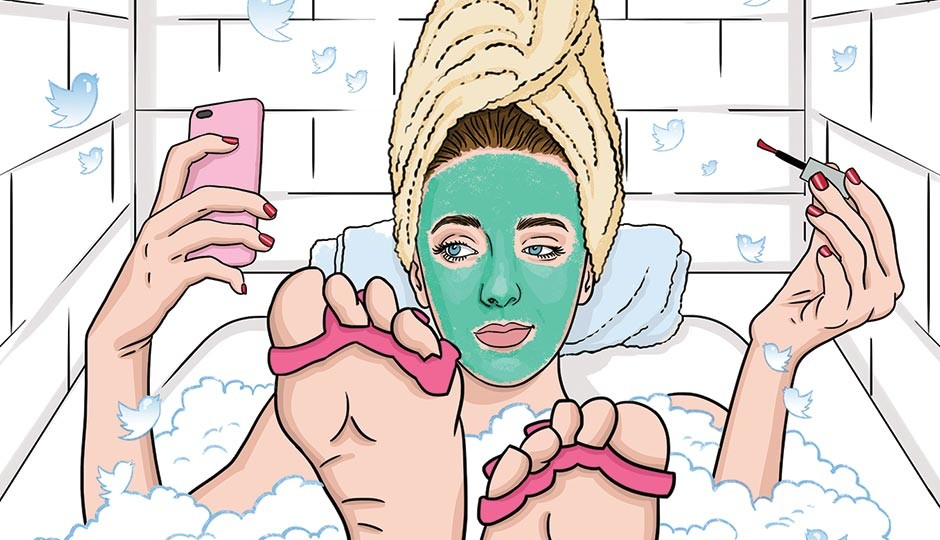
Self-care is not taking a nice bath.
“It often means looking your failures and disappointments square in the eye and re-strategising. It is not satiating your immediate desires. It is letting go. It is choosing new. It is disappointing some people. It is making sacrifices for others. It is living a way that other people won’t, so maybe you can live in a way that other people can’t.” Brianna West, 2017
“Self-care” seemed to have most strongly arisen as collective social practice in around 2016 in parallel with escalating national stress levels and disenchantment with the socio-political and economic climate. More than half of American millennial women made self-care their New Year’s resolution for 2018. When you think “self-care”, do you envision bubble baths with candles, a manicure or treating yourself with chocolate? Do you translate “being good to myself” as indulging in pizza whilst binge watching Netflix? These things are not self-care in the true sense of the expression. Self-care is an unglamourous, sometimes painful and difficult thing to do.
Self-care is not a consumer behaviour, requiring Instagram filters or purchasing things. It is not about distracting ourselves from our problems through self-soothing but about tackling our problems head-on. It could be sorting out your finances, having medical check-ups, removing toxic relationships from your life, changing jobs, being honest about your feelings and needs, eliminating clutter from your home or asking for support. Self-care is often about doing the very thing you least want to do.
The French philosopher Foucault argued that the ancient Greeks saw self-care as integral to democracy: self-care was a necessary part of care for others. It made you a better, more honest citizen. When you’re part of a marginalised group, it’s even more important. Today, the term self-care runs the risk of becoming meaningless. It has become co-opted by market forces and consumerised. There are more than 1.4m photos hashtagged #selfcare on Instagram. But self-care was initially framed as a concept that began with individual responsibility and accountability for oneself but then required a step up, by thinking and acting the same way in helping others. People are social beings. For any of us to realise our true potential we need others. First to help, and then to be helped.
Self care is the primary responsibility that each (adult) human has for their own well-being, and the action they take in order to ensure that well-being. Self-care is not a brand or self-indulgence, it is a practice. There is a real difference between pampering yourself and truly taking care of yourself, and others. Self-care is not a band-aid quick fix that can be bought or squeezed in to five minutes but entails sustainable changes in how we live and think. Creating sustainable self-care systems not self-indulgence. Replenishing our energy so we can give ourselves by crafting systems of living is true self-care.
Sam

No Comments